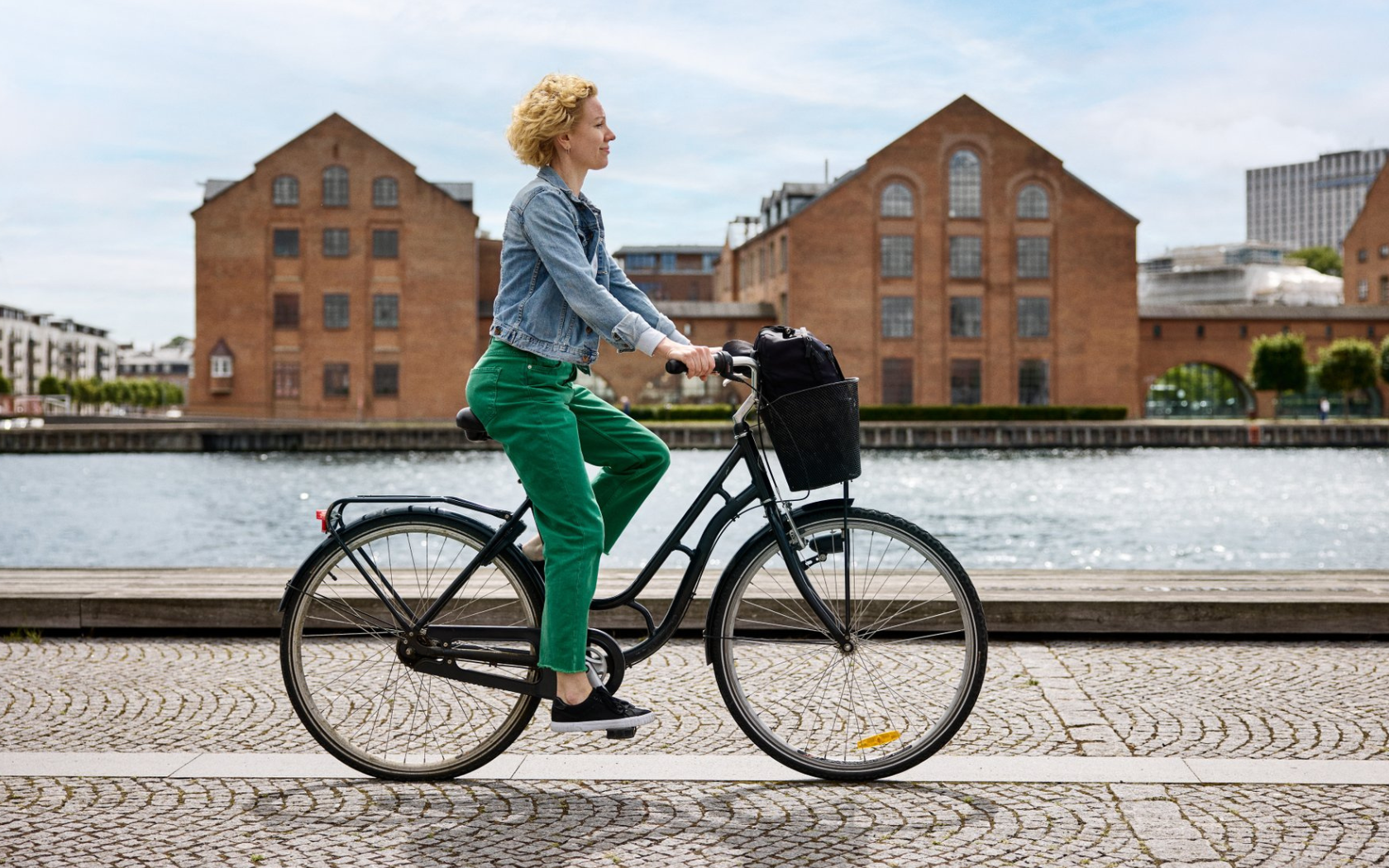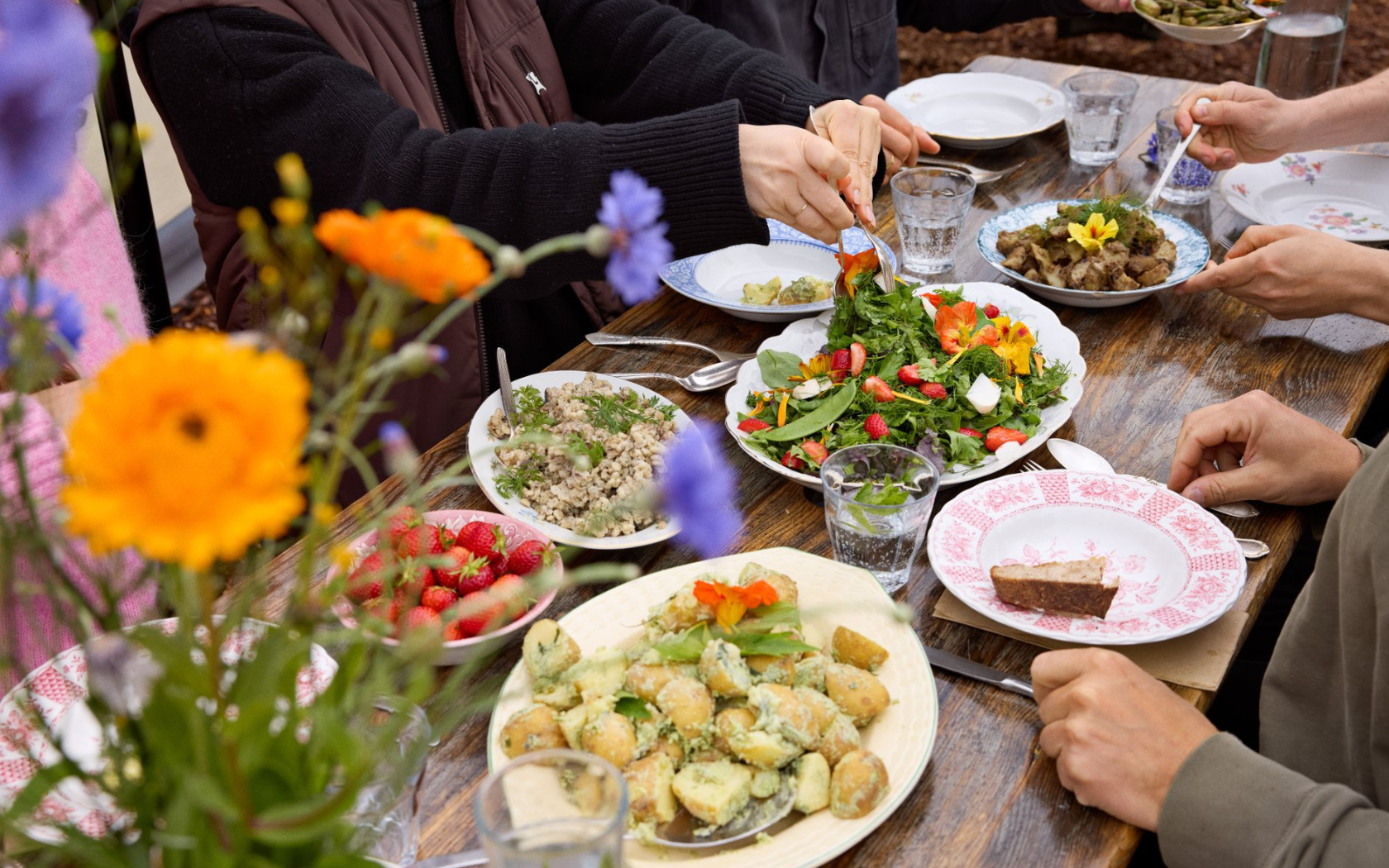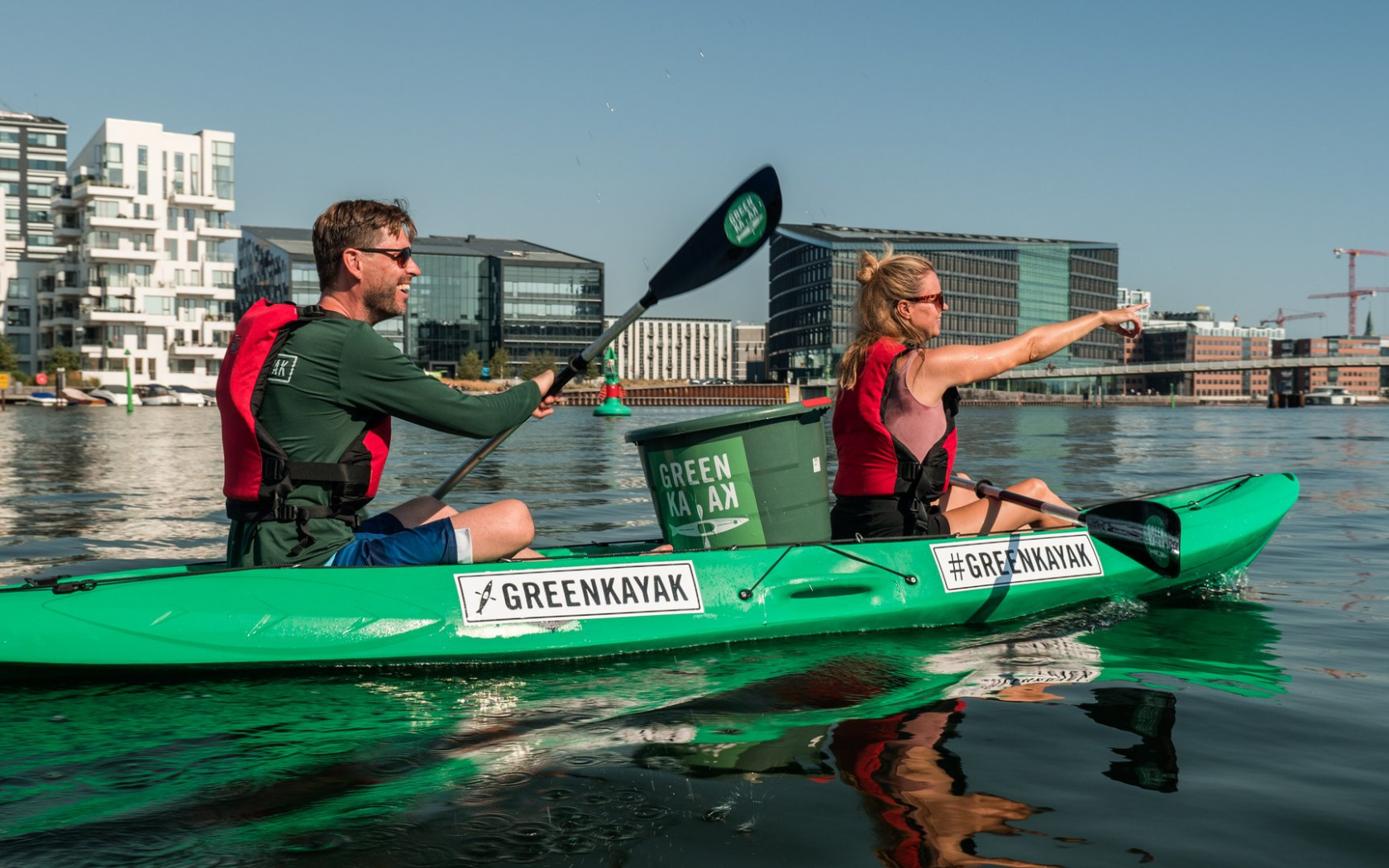This innovative programme transforms green actions into virtual credits, which can be used to access a variety of cultural and tourist attractions in Copenhagen.
CopenPay is transforming Copenhagen by combining sustainability with cultural experience for both residents and tourists. This innovative reward system encourages green behaviours such as using public transport, urban cycling and participating in clean-up and volunteering activities. Participants earn credits by showing proof of these actions, such as bus tickets or photos of their green activities.
Launched just this week as a pilot project, CopenPay is in the evaluation phase until 11 August. The programme is expected to become a permanent green payment option in the Danish capital, with plans to expand to other cities in Denmark and even internationally. As Mikkel Aarø Hansen, CEO of Wonderful Copenhagen, notes on the initiative’s website: ‘It’s about creating meaningful and memorable experiences that are enjoyable and environmentally responsible.

The bicycle is the most common mode of transport in Copenhagen. Editorial credit: VisitCopenhagen.
Towards a new tourism
By turning green actions into currency for cultural experiences, tourists have a unique opportunity to explore Copenhagen in a way that benefits both the environment and the local community. As Aarø-Hansen also points out, given that travel is an international activity, efforts must be made to inspire sustainable behaviour and cultural appreciation on a global level. ‘We must turn tourism, which currently represents an environmental burden, into a force for positive change’.
An important step in this transformation is to change how we move around the destination, what we consume and how we interact with locals. To this end, 24 unique experiences have been developed that are divided into three categories: gastronomic, which allow you to get to know restaurants and even volunteer with them; cultural, which invite you to discover the local museums in an innovative way; and urban exploration, which brings together various activities related to sport and the outdoors, forming part of a different kind of tourist visit to the locality.
Three different ways to discover the city
In the first category, you can enjoy free drinks and breakfast if you arrive at an establishment by bike or public transport. These include a free organic beer at Zoku Copenhagen, a glass of rosé at Langelinieskuret, a coffee at Kanalhuset, a cold drink at Level Six – Rooftop Bar & Terrace or a collective breakfast at Absalon. In active actions, there is the initiative to pick up litter in the BaneGaarden area and receive a free organic meal as a thank you. You can also volunteer at Øens Have, the largest urban garden in Northern Europe, and get a vegetarian lunch as a reward.

Free breakfasts are one of the rewards of the CopenPay programme. Editorial credit: VisitCopenhagen.
On a cultural level, many museums offer interesting experiences. For example, the National Museum gives away a free ice cream, while Frilandsmuseet, Museum of Copenhagen and MACA Museum also offer a coffee if you arrive by foot, bicycle or public transport. At SMK – The National Gallery of Denmark, you can take part in a workshop by bringing in plastic waste, and at Karen Blixen Museum, helping to care for the historic garden entitles you to free admission. At Cisternerne, you can receive a free introduction to the current exhibition and, at Enigma – Museum of Communication, a discount on admission if you arrive by bicycle or metro at specific times.
In the field of urban exploration, there are activities that combine the cleaning of spaces with visits to new places. For example, at CopenHill, if you arrive by bike or public transport, you can enjoy an extra 20 minutes of skiing on its slope built on top of a waste-to-energy plant. Sparta invites you to collect litter while exercising, while GreenKayak offers the opportunity to keep the harbour clean by paddling a kayak.
And that’s not all: Go Running Tours offers an eco-run through the city’s sustainability hotspots and Cycling Copenhagen joins in with a guided bike tour. In addition, there are options such as windsurfing lessons at Copenhagen Surf School, bike rides with Donkey Republic, GoBoat trips to help clean up the city’s canals, boat tours with Hey Captain and electric boat tours offered by Stromma.
In the area of urban exploration, there are activities that combine cleaning up spaces with visiting new places.

Two citizens kayaking in the city. Editorial credit: VisitCopenhagen.
Copenhagen: an example of sustainability in the world
As highlighted by the Global Destination Sustainability Index, Copenhagen is one of the world’s greenest cities and has the ambitious goal of becoming the world’s first carbon neutral capital by 2025. The capital also has 382 km of bicycle lanes and more than 750,000 bicycles, four times more than cars, and more than half of its citizens commute by bicycle on a daily basis.
In terms of tourism, it is interesting to note that most of the city’s hotel rooms are eco-certified and the canals are clean enough for swimming. In addition, the district heating system is mainly powered by biomass and more than 70% of the electricity comes from renewable sources.
Furthermore, in 2018, Wonderful Copenhagen presented its innovative sustainability strategy Tourism for Good, which has won numerous awards. This initiative focuses on four key areas to ensure that tourism has a positive impact on sustainable development, both locally and globally. The areas include expanding conscious tourism, valuing tourism decisions, fostering strategic partnerships and serving as a role model.

Caring for gardens and concern for sustainable food in Copenhagen. Editorial credit: VisitCopenhagen.
Inspiration for other initiatives
Denmark, in general, stands out in several international indices. According to Transparency International’s Corruption Perceptions Index 2019, it is the least corrupt country in the world, tied with New Zealand. It also ranks second in the World Happiness Report 2019 and in the Gender Inequality Index 2018. The high level of welfare and healthcare in the country also strengthens Copenhagen’s position in these rankings.
These indicators are key to promoting sustainable tourism, which has become increasingly important in today’s world. By integrating sustainability into all its practices, Copenhagen not only positions itself as a leader in eco-tourism, but also inspires other cities to follow suit, creating a positive overall impact on the environment and the community.




